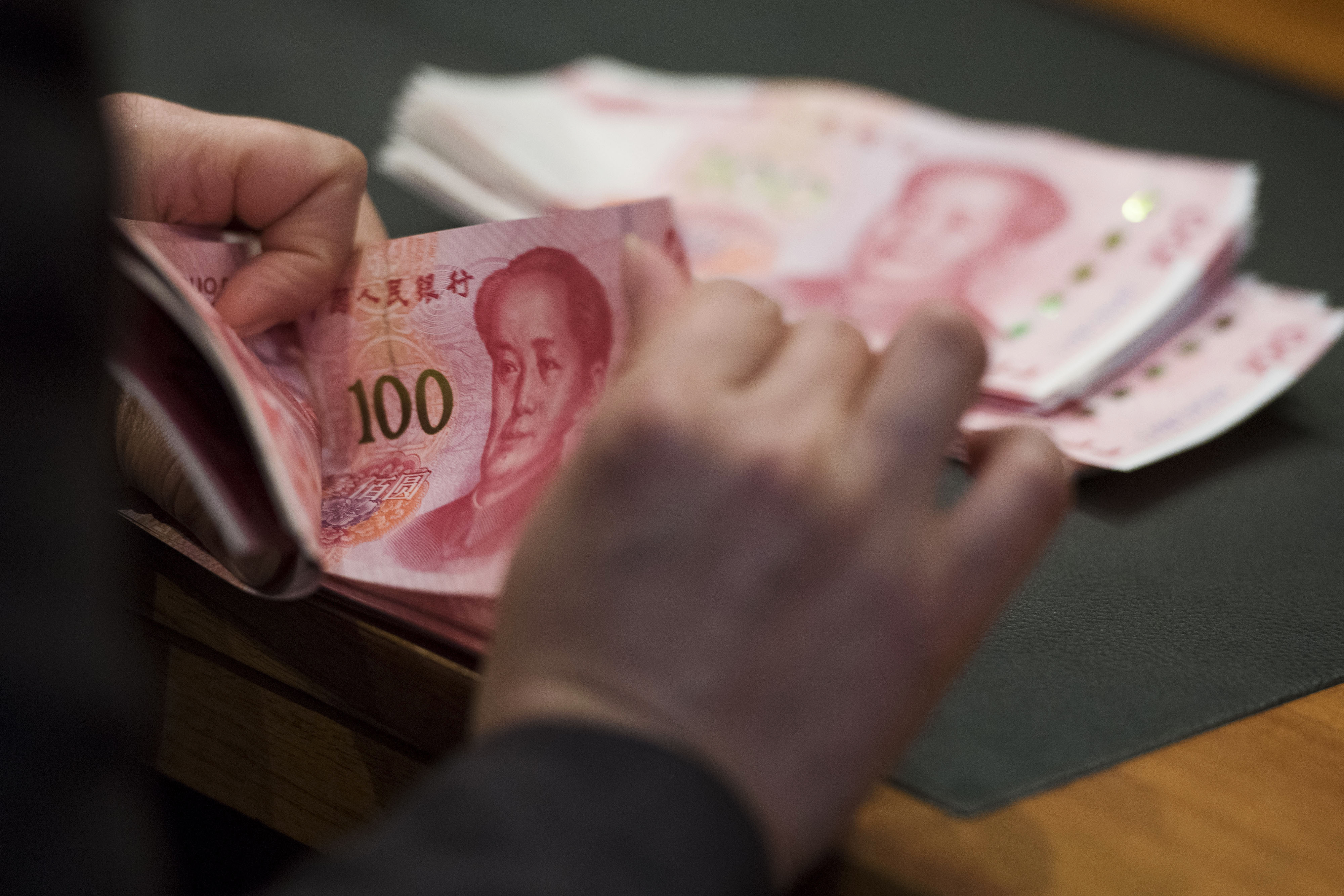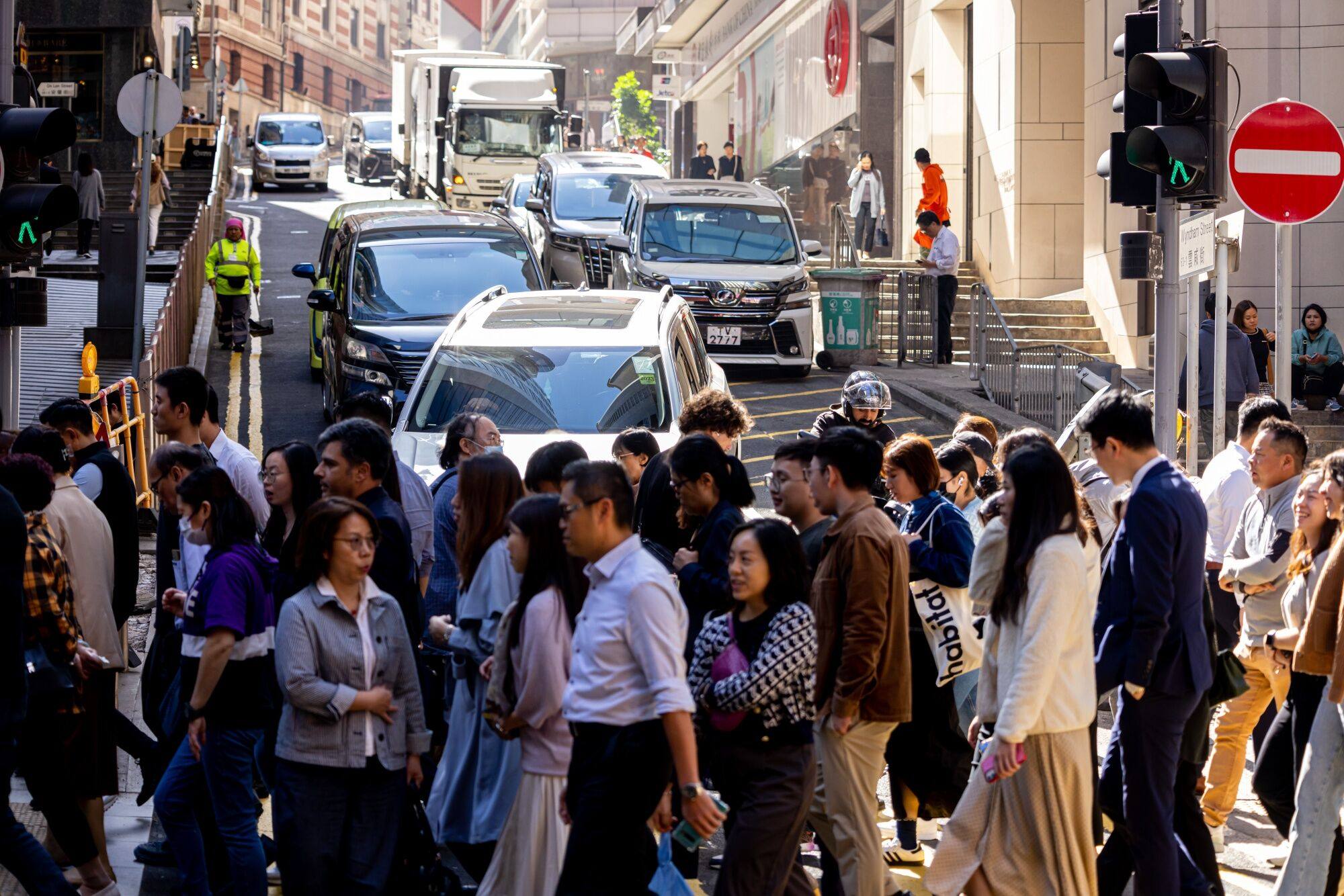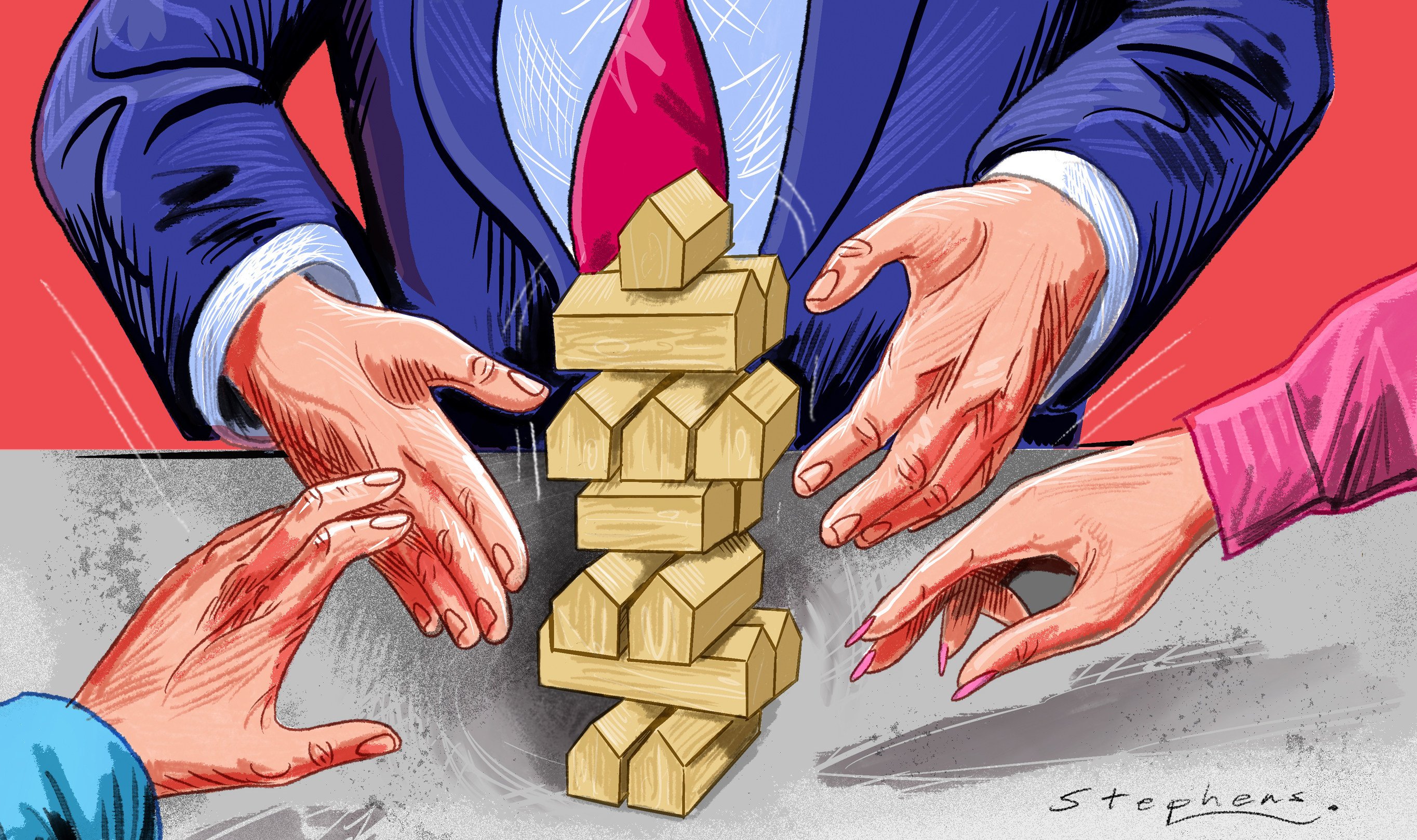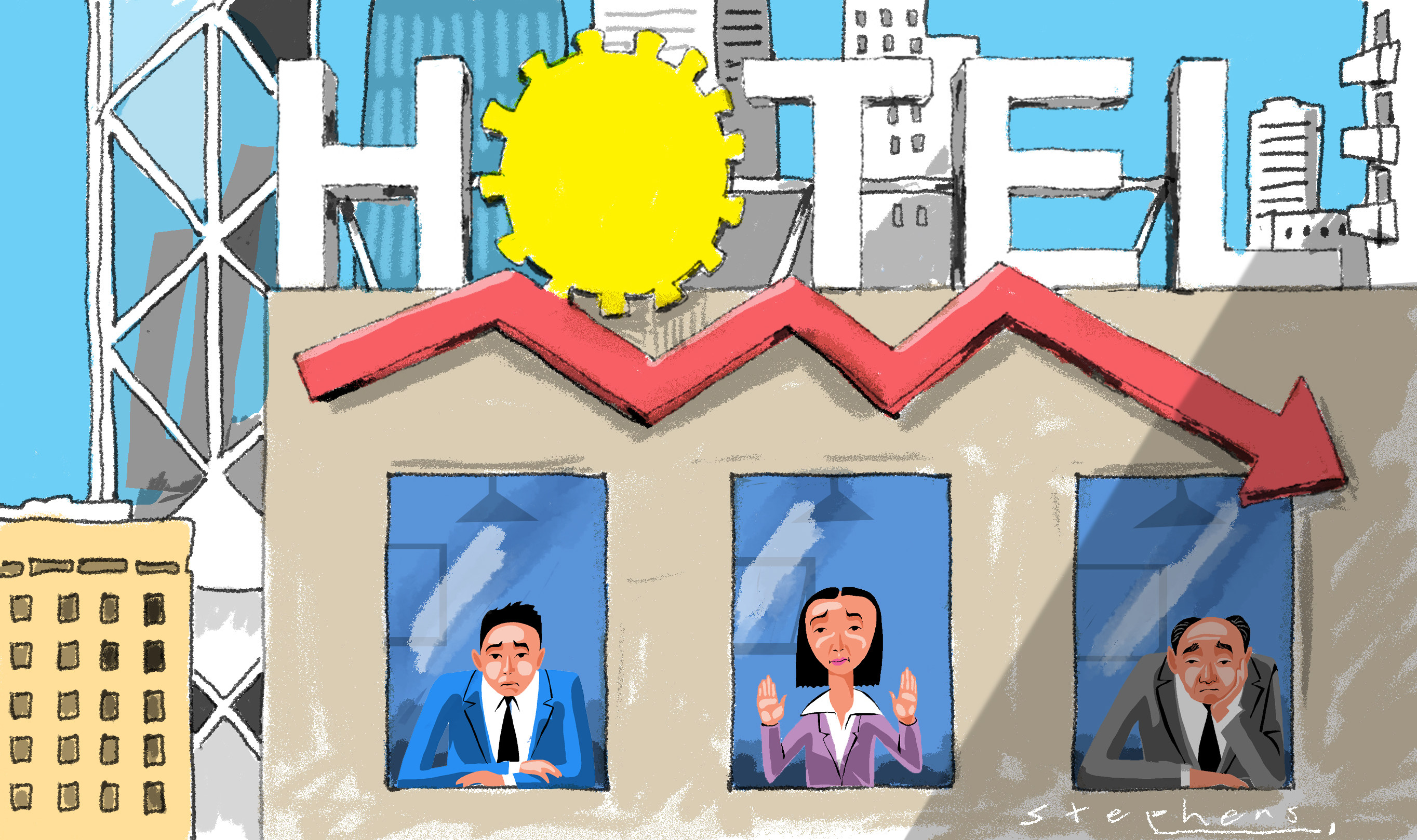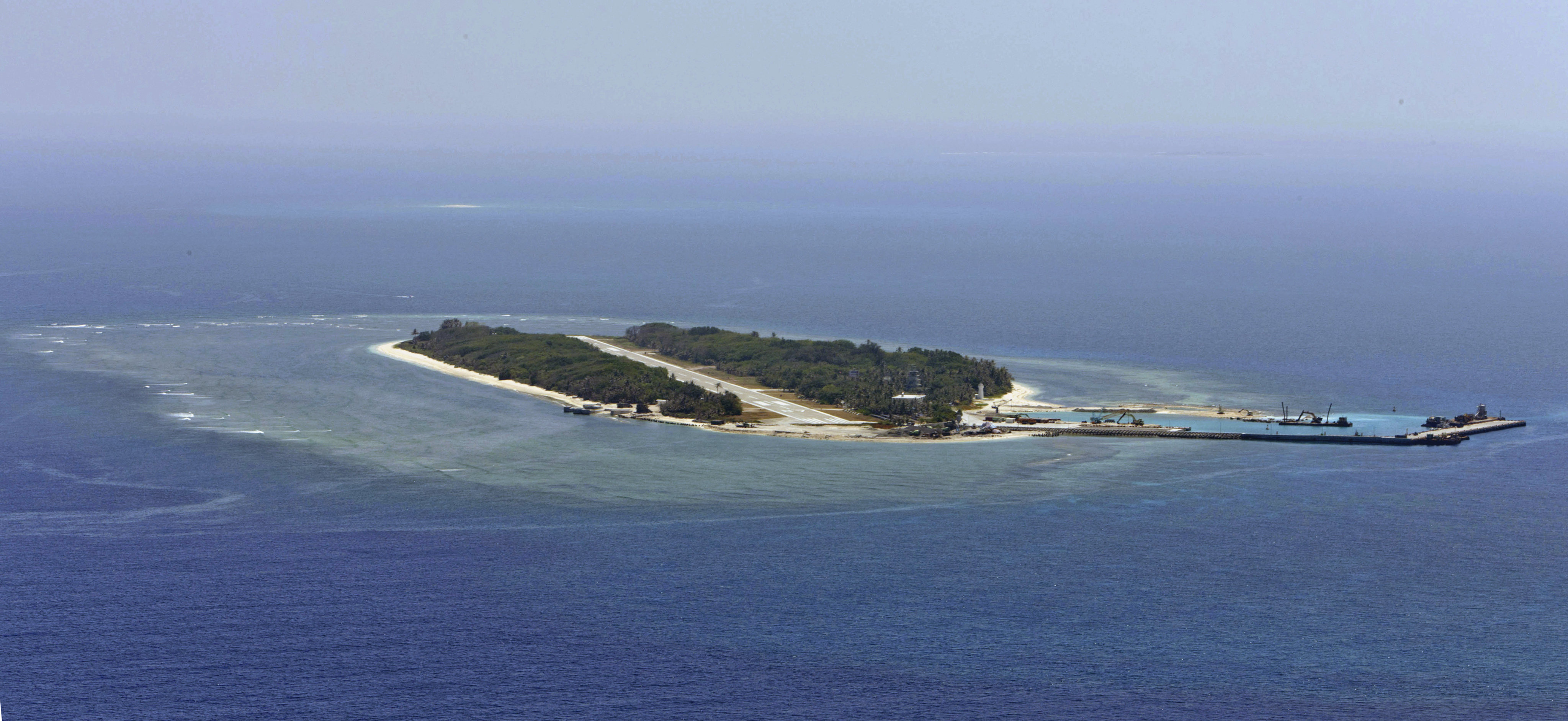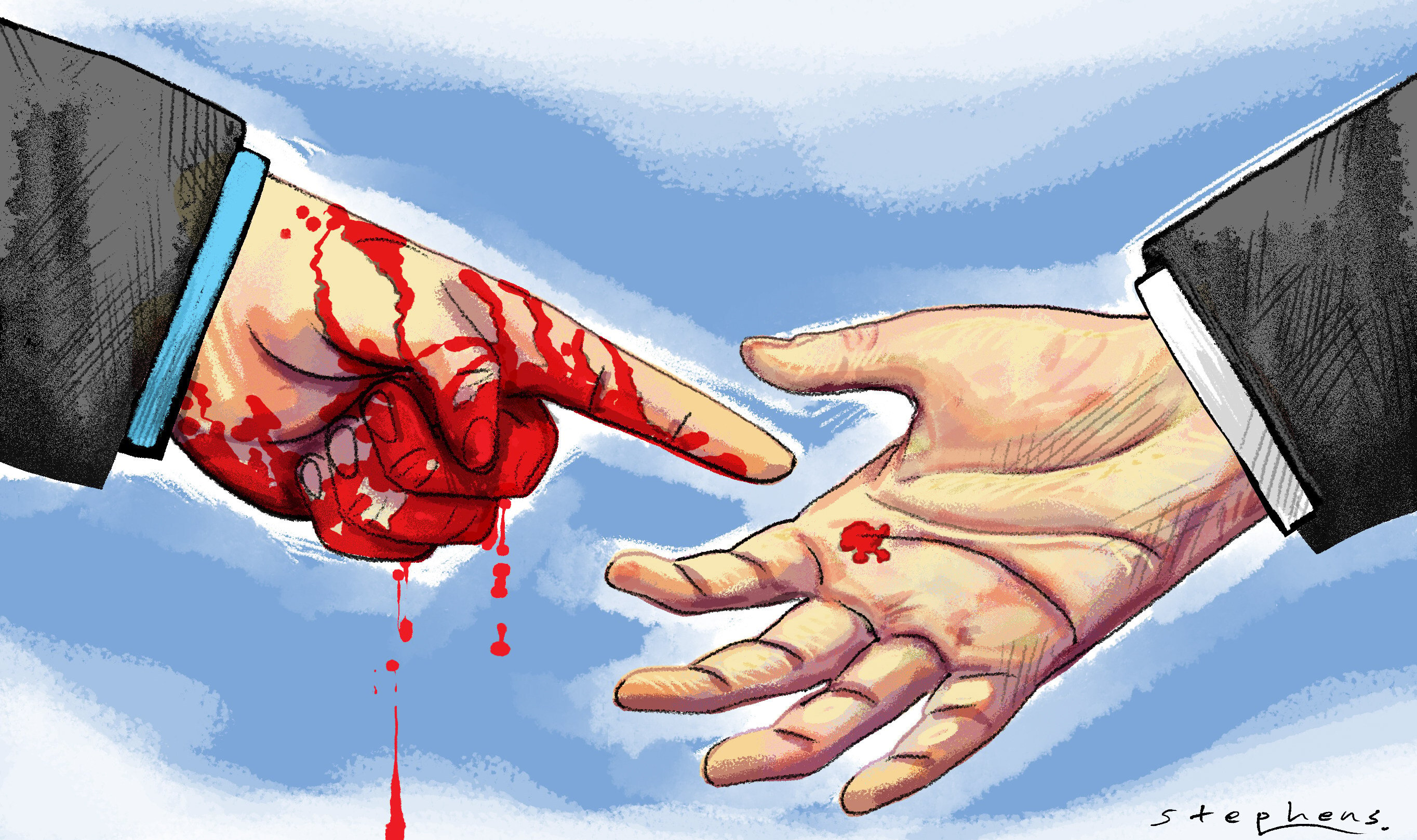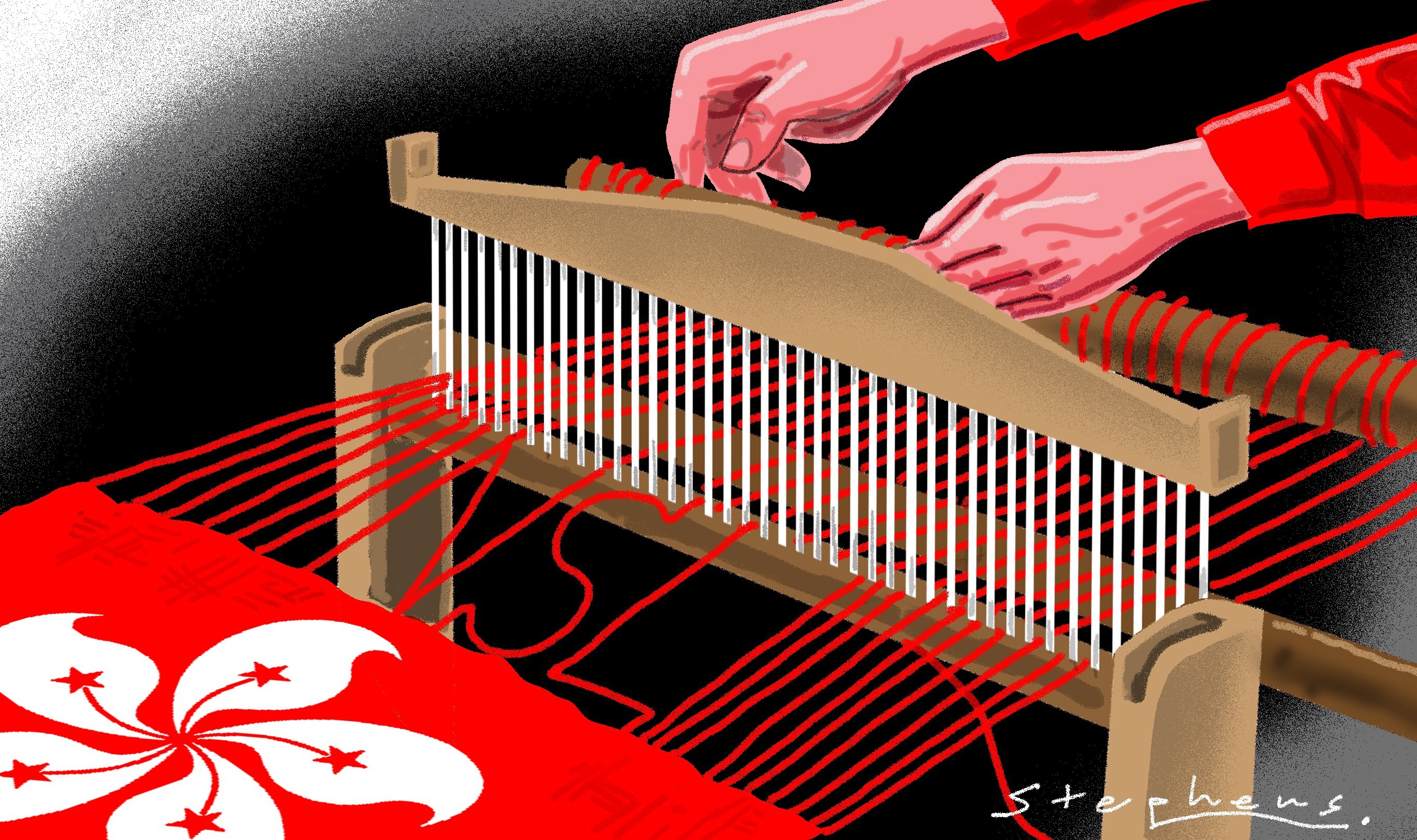Advertisement
Advertisement

Weijian Shan
Weijian Shan is the executive chairman of PAG, a leading Asia-focused private equity firm. Prior to PAG, he was a partner of the private equity firm TPG, and co-managing partner of TPG Asia (formerly known as Newbridge Capital). Previously, Shan was a managing director of JP Morgan, and a professor at the Wharton School of the University of Pennsylvania. He is the author of Money Machine: A Trailblazing American Venture in China (2023), Money Games: The Inside Story of How American Dealmakers Saved Korea's Most Iconic Bank (2020), and Out of the Gobi: My Story of China and America (2019).
Allowing Hong Kong banks to offer Chinese onshore renminbi services would enable the city to leverage its economic freedom on a whole new level.
Many Hongkongers who are eligible to live elsewhere have not moved, a testament to their confidence in the city. And a disappointing stock market performance is no indicator of poor economic prospects – Hong Kong has gone through some low points, but bounced back each time.
There is no risk of China’s property sector woes spreading into a financial crisis but there is a policy-induced housing crisis and restrictions must be further eased.
While there are issues to be dealt with, the fundamentals of China’s economy are still sound, the government has ample room to adapt policies and the country’s industrial development will see it through the current property sector downturn and demographic headwinds.
Advertisement
